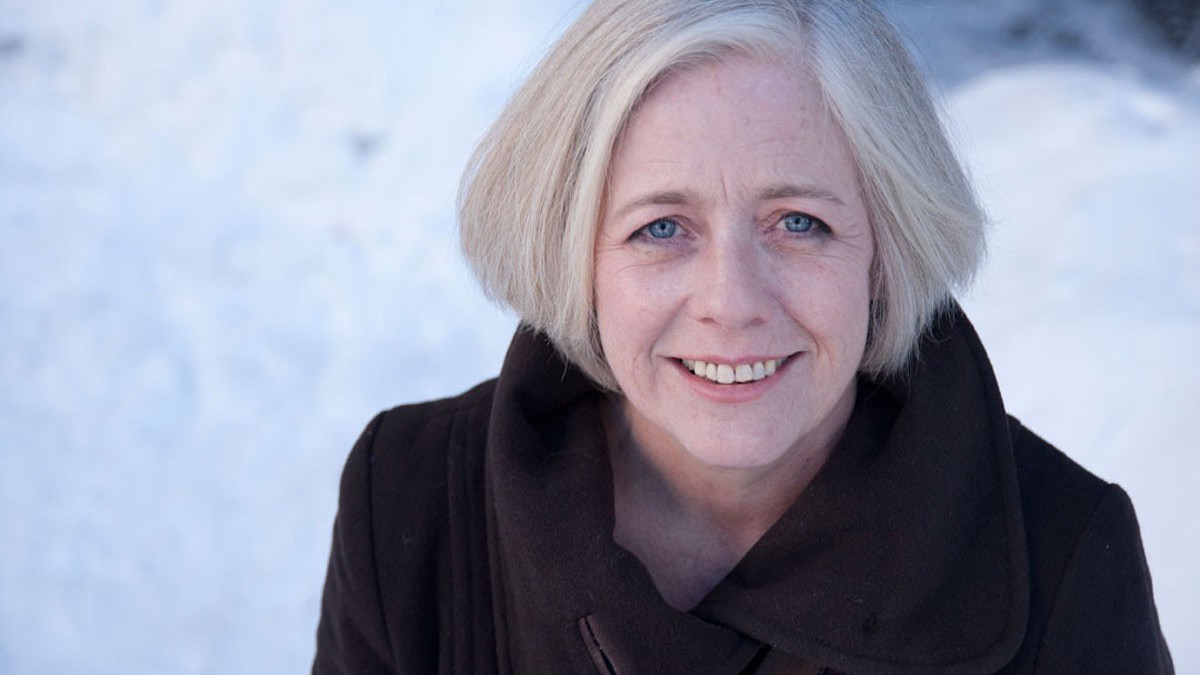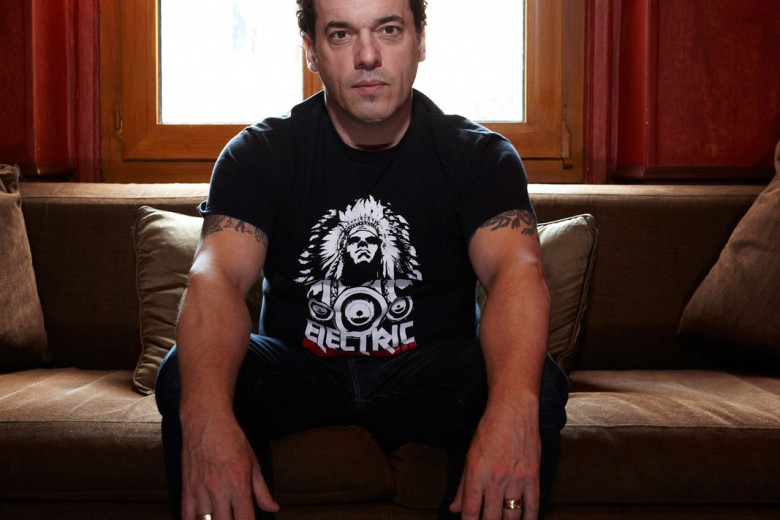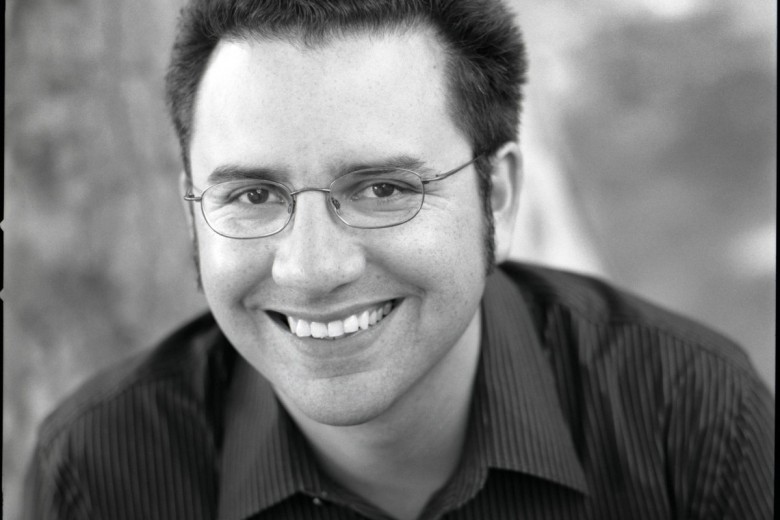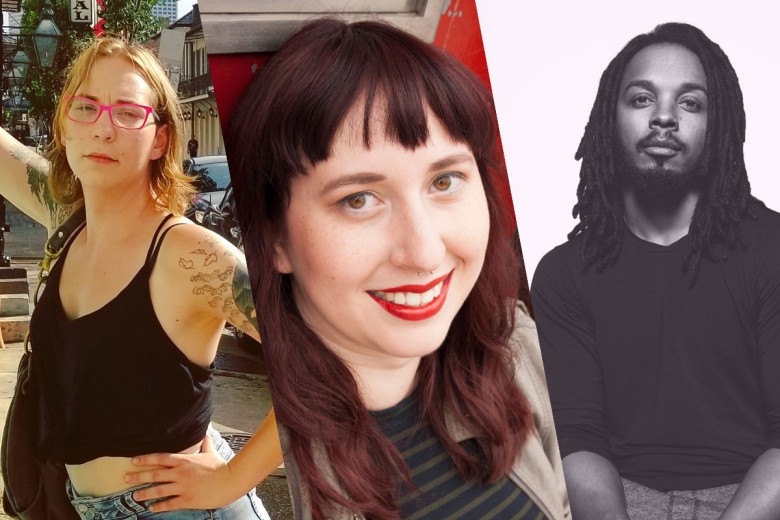I thought I knew who I was. I was me, that young woman, that girl really, just midtwenties.
I was a mother, an artist, a gardener. I was expanding, right?, into more of who I was to be. I was me.
I was wrong.
You’re one or the other
My lawyer told me: You’re one or the other. You’re a parent or you’re a lesbian, but not both. It’s that simple.
It was 1988. I was, newly, a single mother with a two-year-old daughter. I had no skills and no job. The social service network available to me in Canada required me to sue my husband for child support. I said, “He’s unemployed. He’s got nothing to give.
There’s no animosity.” She, the government social working at my kitchen table said, “We have to see proof that you tried. It’s just a formality.” Just so you know, that meant I had to sue him for custody and child support. So I called him and explained and he seemed amicable. He was amicable. I was her mother. He was her father. We weren’t together as a couple, but we were in this together. That’s what I thought. I was wrong.
I filled out the form and I went to court in St. Catherine’s, Ontario and I, with a shaky hand because I was not familiar with courts and legal forms and was unsure of myself, slipped it through the plexi-glass protected cage of the court clerk and paid the filing fee, and that was that. I was a single mother who needed support.
A week or so later a man came to my door and asked my name. When I told him who I was, he handed me a thick envelope, said, “you’ve been served,” and skipped down the front porch stairs and off into the early spring glory. He, my husband, the father of our two-year-old daughter was suing me for custody. I was involved with a woman. I was suable.
My lawyer said: It’s not about your parenting. It’s not about you as a mother. You aren’t a mother if you’re a lesbian. Remember that. It’s not about you. It’s about your lover. So it’s about your husband. It’s got to be about your husband and she’s the reason. She’s the cause, her in your life. If she’s in your life then you’re not a parent because if she’s in your life you’re a lesbian. It’s simple. One or the other.
You have to prove he’s a bad parent. You have to show the court that he’s worse than you, worse than a lesbian. Not fit. That he’s not fit or less fit to parent than you. You’re not a good parent if you’re a lesbian. That’s a given. That’s a fact. That’s not something to discuss. So, it’s about him and he’s got to appear to be a monster. He’s a monster, right? Show the court he’s dangerous. Prove it. Prove he’s a horror, a beast, prove he’s a brute. Prove he’s unfit.
Maybe then they’ll let you keep your daughter.
So, I spent the summer writing at a table on the porch in the shade of a hydrangea bush. All summer recalling, reliving, regurgitating every time he’d made a mistake, every event when he’d fucked up, every single sorrowful memory. I spent the summer recalling details, pages and pages of them – her feet were bare, wrapped in a tatty blanket and bare when he shoved her into my arms. It was cold, Toronto in the winter.
Snowing. Her feet were red. He brought her across on the ferry. It was Sunday night, end of his weekend. They almost missed the sailing. He had to run from the parking lot. Running with her in his arms to make the sailing because I was waiting on the other side and there was no way to reach me. They had to make the sailing and they did, but then he saw her bare feet, red, cold bare feet because she’d kicked off her boots and socks in the car. But they were on the ferry by then and sailing through the ice-clogged harbour to where I waited on the island side, so he did what he could and wrapped her blanket around her feet. He did what he could.
You’re in or you’re out
The lesbians asked: Are you? Are you a lesbian? Really? You’ve been married; you’ve had a child. You’ve had a lot of boyfriends and only one female lover. So, are you really a lesbian?
I flailed. I was indiscrete. I told everyone. I asked everyone for advice, for information, for help, for information, for a strategy, for a battle plan. It was a battle. I was in a legal battle. I was unprepared. I was scared.
The older, wealthier, more prepared lesbians in my small community asked me questions. I didn’t understand.
Just one. Seriously, do you really think it’s fair to count you now, after just one lover? What about your heterosexual privilege? Is it that easy to shed? I don’t think so. Not that easy to shuck your privilege, not after all those years of cultivating it, all those years of wearing it. You’re wearing it now, right now. You’ve worn it so long you don’t even know what it looks like. You don’t even know you’re wearing it. You look like a het. You look like a breeder. Twelve years of being straight. No bends or twists, no deviating from that path until just now. Just lately. Just the past few months. Oh come on. You won’t be a true lesbian until you’ve spent more years with women than you did with men. So, are you really a lesbian? They want to know. They need to know.
I had no money and they knew that. A legal battle would be expensive and they knew that. I needed help and they knew that. They knew that, so they sent Vanessa. My friend, Vanessa, big boned, blond, and awkward. She was my friend, and she hung out with the wealthy older dykes on our little island. She had soft pink hands that weren’t too big. She’d never been married. Never had a child. No boyfriends. No chance she was faking. True blue and dyed in the wool. Nobody doubted her allegiance. And, she was their emissary.
On the sofa, in my living room, Vanessa cleared her throat, and then she said, “They’ll pay your legal bill. They want to help. They’ll pay the costs, they’ll pay all the costs.”
They would pay my legal bills, completely cover the cost of my custody dispute, save the day, bail me out, come to my rescue riding in on white horses with swords ablaze. A group of women-loving-women in the guise of angels.
Vanessa cleared her throat again and said, “But only if you’re a real lesbian.”
You’re this or you’re that
My legal team says: You can tell the court you’re not a real lesbian. That’s your other option, your other defence. It’s not like you were born that way.
My father hired a team of lawyers. I didn’t know it at the time but he discussed with my legal council whether or not he and my mother should, perhaps simply as an alternate strategy, perhaps as a better or more successful strategy, sue for custody themselves. Only a strategy.
It was just one woman, right? That’s not in dispute. The court knows that, the court knows you’ve been involved with just the one woman and the court understands. There’s no argument on that. Just reinforce it. Tell the court it’s over and it will never happen again. It was a mistake and you regret it. It was a lapse, an error, a single incident and you’ll never do it again. It’s not who you are. Tell them you were driven to it. His behaviour drove you to it. You were lonely, he wasn’t around. Maybe he was having an affair. Was he having an affair?
Tell the court he drove you to it, but now you’re back to normal, you’re okay, it will never happen again. Tell the court your daughter is safe, you won’t expose her to those women. You won’t socialize with them. You won’t have them in your house. Why would you? You’re not one of them. You’ll swear to that. You’ll swear a statement to that effect. The court will need that promise.
The court would need that promise. I would have to swear to that. To being one and not the other. I can’t be both.
But even then – you’ll have to swear but even then – nothing’s guaranteed. Nothing. If you’re convincing, though, if you’re believable, if you swear to it, maybe the judge will grant you custody. Maybe. But if he’s in a bad mood, it won’t matter whether he believes you or not. If the judge gets out of bed on the wrong side, you won’t get custody. If his wife burns his toast you’ll lose your daughter. If his wife burns his toast.
I tried to understand. In a Toronto park, on a sunny day, I paced and tried to find a truth. To find one truth, I paced a hole into my shoe, a trench into the ground. Men on benches stared as I whirled passed again and again and again. An orange nightglow enfolded the city and I still paced.
Neither here nor there
Who am I? What is the simplest “me” that I can choose, that they have outlined for me in this space? How thin can I become?
You’re this or you’re that, they said. There are fences here, lines drawn down your body, through your mind, across your skin. There are divisions. You must choose. I chose to say in court I was the thing I thought I was: a mother and a woman who loved another woman. I thought I’d be a lousy mother if I lied. I thought it was the honest choice, but even honest choices entail lies. I lay the lie on him. I chose to write him into beastliness: I said he was a parent that would let his daughter freeze.
I lied, and even then the lawyers said I’d lose.
It still haunts me to think how close my choice placed us – my daughter and I – to the edge of a precipice. We were one man’s mood away from it, from a place where we’d become strangers to each other. And in the end? In the end I didn’t lose custody, not because the judge got a blowjob that morning but because my husband dropped the case the day before it went to court. Later, he said, “I never wanted custody. I’d have signed it over to you right after leaving court. I just wanted to teach you a lesson.”







